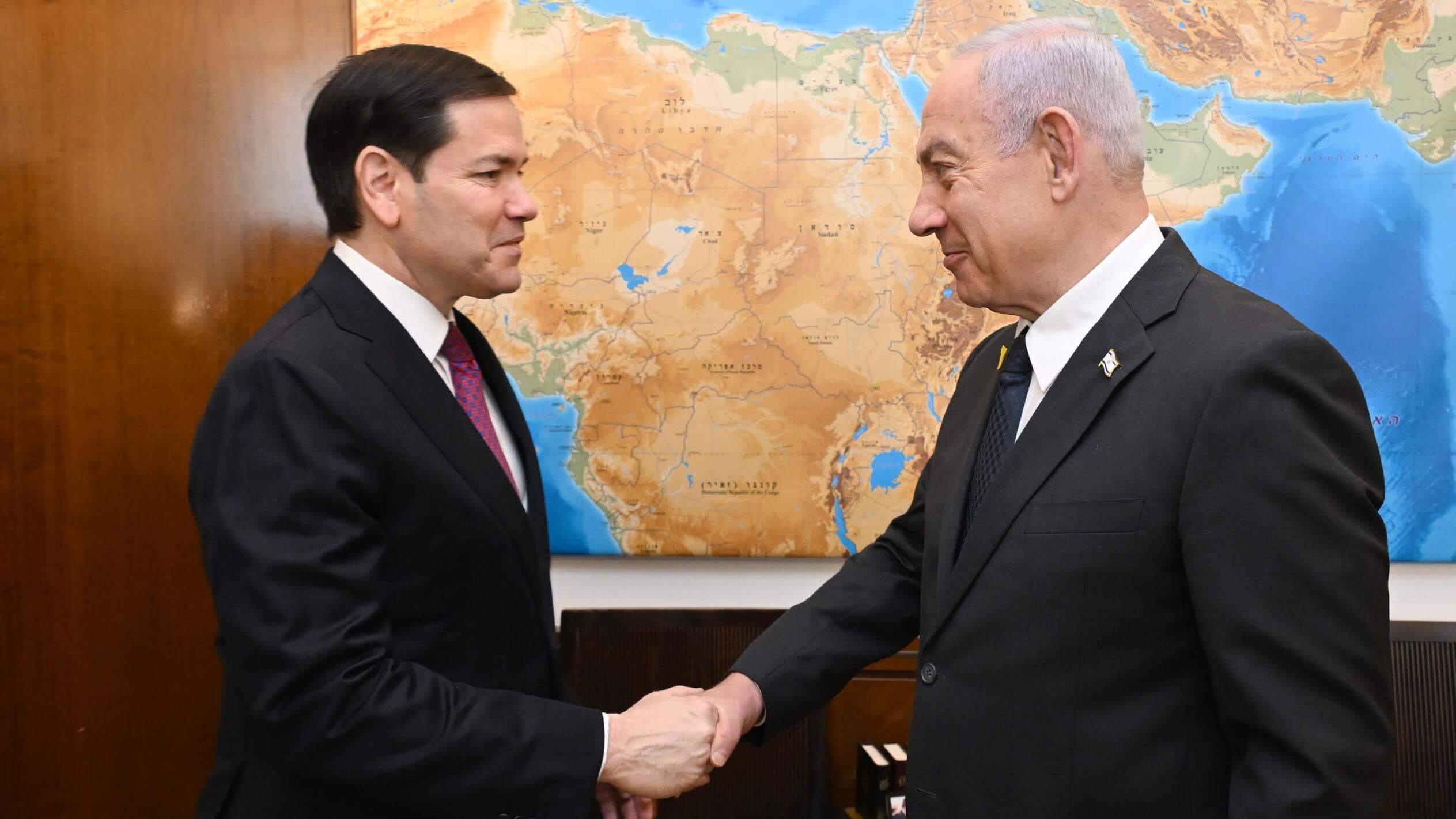
Israel-Hamas Conflict: Rubio on Ongoing Tensions
The Israel-Hamas conflict remains unresolved, as highlighted by US Secretary of State Marco Rubio. His recent statements suggest that the war in Gaza is far from over. As key delegations from Hamas and Israel prepare for peace talks in Egypt, Rubio emphasizes the complexities involved in reaching a lasting agreement.
Rubio noted that the initial phase of negotiations involves the release of hostages held by Hamas. While this is a significant step, many details regarding the future of Gaza and its governance are still unclear. He mentioned that Hamas has tentatively agreed to a peace framework proposed by former President Donald Trump, but finalizing the logistics is crucial.
Despite the hope for peace, Rubio warned that challenges lie ahead. He described the second phase of discussions as "even harder," stressing the need to create a Palestinian leadership that does not align with Hamas. The disarmament of terrorist groups and ensuring that they do not pose a threat to Israel are critical issues that need resolution for lasting peace.
The recent escalation of violence began on October 7, 2023, when Hamas launched a surprise attack on Israel, resulting in significant casualties. The world has responded with cautious optimism following Hamas's agreement to release hostages under a new peace deal. Rubio highlighted that this could be a pivotal moment in the conflict, potentially leading to a more stable region.
President Trump’s comprehensive peace plan proposes establishing a temporary governing board for Gaza and aims to make the region a “deradicalised terror-free zone.” While this plan has garnered support from various world leaders, the reality on the ground remains complicated.
As discussions move forward, the international community watches closely. The hope is that through cooperation and a commitment to dialogue, a sustainable solution can be found. However, Rubio’s caution reminds us that the path to peace is fraught with obstacles that need to be navigated carefully.
The ongoing conflict not only affects the immediate region but also resonates globally, drawing in various nations and stakeholders in pursuit of peace. It is a reminder of the importance of diplomacy and the need for persistent efforts to resolve long-standing tensions.











